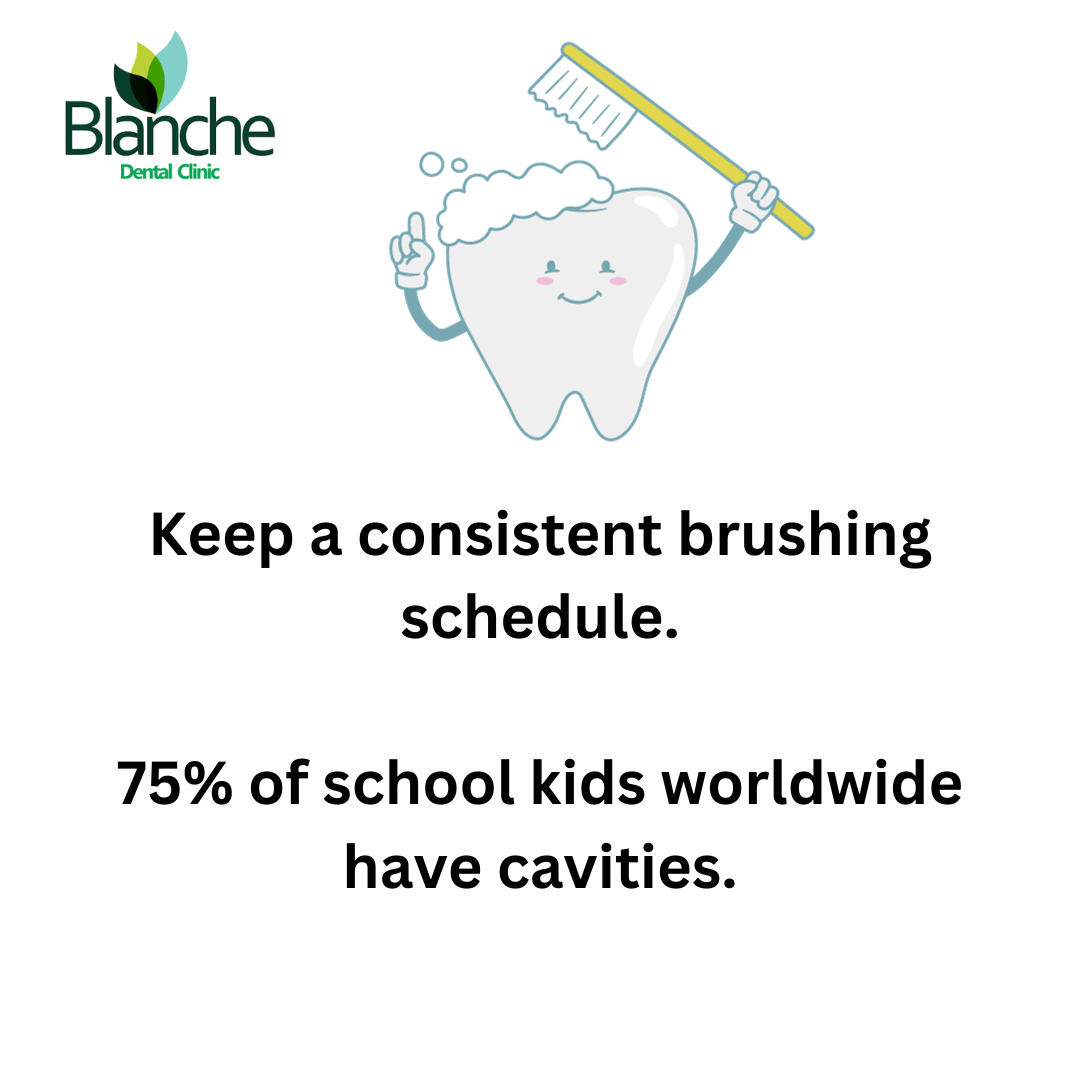What Should You do if your Child has Cavities
What should you do if your child has a cavity?
Tooth decay doesn’t always cause pain, so recognizing a cavity in your kid can be difficult. Signs that indicate a possible cavity include:
dark spots on the toothwhite spots on the toothcrying or fussinesssensitivity to cold foods or drinksmouth swellingavoiding foodlethargy
If you suspect a cavity, make an appointment with a pediatric dentist. They can examine your child’s teeth for signs of decay and then recommend treatment based on the extent of tooth decay.
How are cavities in kids treated?
A dental filling is common for toddlers and children who have one or more cavities. Fillings can take place on permanent teeth, as well as on baby teeth.
During the procedure, the dentist removes the tooth decay and then fills the hole with a white composite or metal material. Filling a cavity that forms on a baby tooth can save or preserve the tooth.
Saving the tooth is important because losing baby teeth prematurely can cause a permanent tooth to improperly come in. Baby teeth also help with your child’s chewing and speaking. Dentists perform dental fillings on children and toddlers, sometimes as young as 1 or 2 years old.
In cases of severe tooth decay, your dentist might recommend a dental crown, which is typically silver in color.
Sometimes if the tooth is badly damaged or has an infection, the baby tooth may need to be extracted. If your dentist extracts the tooth, they’ll keep the gap open with a space maintainer, which helps permanent teeth grow in properly.
Of course, getting young children to sit for a dental procedure is challenging, to say the least. Some dentists will use nitrous oxide or laughing gas to help children relax during the procedure.
Dentists still have to give an injection to numb their gums, but laughing gas typically makes it much easier. Your dentist can also orally sedate your child before the procedure.
If your child has multiple cavities, your dentist might recommend breaking up the appointments. While this means more back-and-forth for you, it can put your child at ease, as they don’t have to sit in the dental chair for an extended period of time.
Your dentist may recommend putting your child to sleep for dental treatment. This is called general anesthesia, and it’s usually recommended when children are very young, if they have multiple cavities, and if they have trouble staying still.
How do you prevent cavities in kids?
The best way to prevent cavities in your child is to teach good oral hygiene.
We know you hate to feel like you have to police their efforts, but it’s important to closely monitor your child as they brush and floss their teeth. Make sure they know the proper technique, and that they brush for the recommended amount of time.
They should brush their teeth twice a day and floss at least once a day. The more effective order is to floss before brushing. Also, make sure you schedule dental appointments every 6 months.
Parents of younger babies: Don’t forget about infant oral care! Even if your baby doesn’t have teeth, their mouth still has germs.
So wipe their gums with a soft cloth after each feeding, and gently brush their teeth twice a day with a pea-size amount of kid-friendly fluoride toothpaste.
If your child has a sweet tooth, offer healthier alternatives to satisfy their cravings and maintain good dental health. Alternatives to cake, ice cream, cookies, or candy include:
low glycemic fruits (blackberries, blueberries, and raspberries) trail mix, with nutsyogurtfrozen bananascheese sticksunsweetened applesaucedried fruits with no sugar added carrots and dip
The takeaway
Cavities aren’t only an adult problem — they can also develop in children and toddlers. So it’s important to recognize the early signs of a cavity and then speak with your child’s dentist.
Fillings can prevent tooth decay from getting worse, which helps save a child’s tooth.
Between less sugar and good dental hygiene, you can protect your child’s teeth, thus preventing the likelihood of future cavities.


Comments
Post a Comment